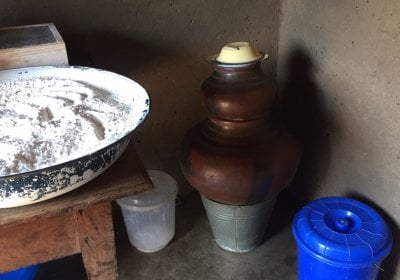Health benefits through Christian conversion? Lessons from a Ugandan hospital registry, 1908-1970
What were the incentives for Africans, in terms of health and education, of converting to Christianity? We use patient registers from the earliest mission hospital in rural Uganda, Toro Hospital, to explore the links between religious affiliation, education, and health in colonial Africa. We use a novel dataset of more than 16,000 African hospital inpatients belonging to the Christian, Muslim, and African traditional religions from 1908-70. We trace the incidence of patients’ diagnosed diseases, their length of hospitalization and treatment results by sex over the colonial era. Our results also document the hospital’s gradual success in curing tropical diseases over the colonial era and the dramatic reduction of infectious diseases among inpatients following the introduction of penicillin in Uganda. We also study the link between religion and health, where health is measured by the type and stage of disease at hospitalization, length of hospital stay, and the health result after hospital treatment. We observe that Christian converts were healthier and better educated than non-Christians which suggests that Christian conversion was associated with significant advantages in terms of personal wellbeing. We also find that Christian patients had significantly lower risks of STD and tropical ulcer diagnosis than non-Christians. However, we find no religion-specific effects concerning the incidence of hygiene-related infections, nor that mission school education, measured by age-heaping, lowered Christian patients’ relative incident of STD and hygiene-related diseases. This challenges the effectiveness of missions’ hygiene propaganda or suggests that public health information was broadly effective throughout the entire population.
Felix Meier zu Selhausen (University of Sussex)
Shane Doyle (University of Leeds)
Felix Meier zu Selhausen (University of Sussex)
Jacob Weisdorf (University of Southern Denmark)
Funded by the Wellcome Trust
Click here to join the History Centre mailing list
Admission

